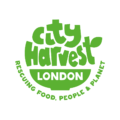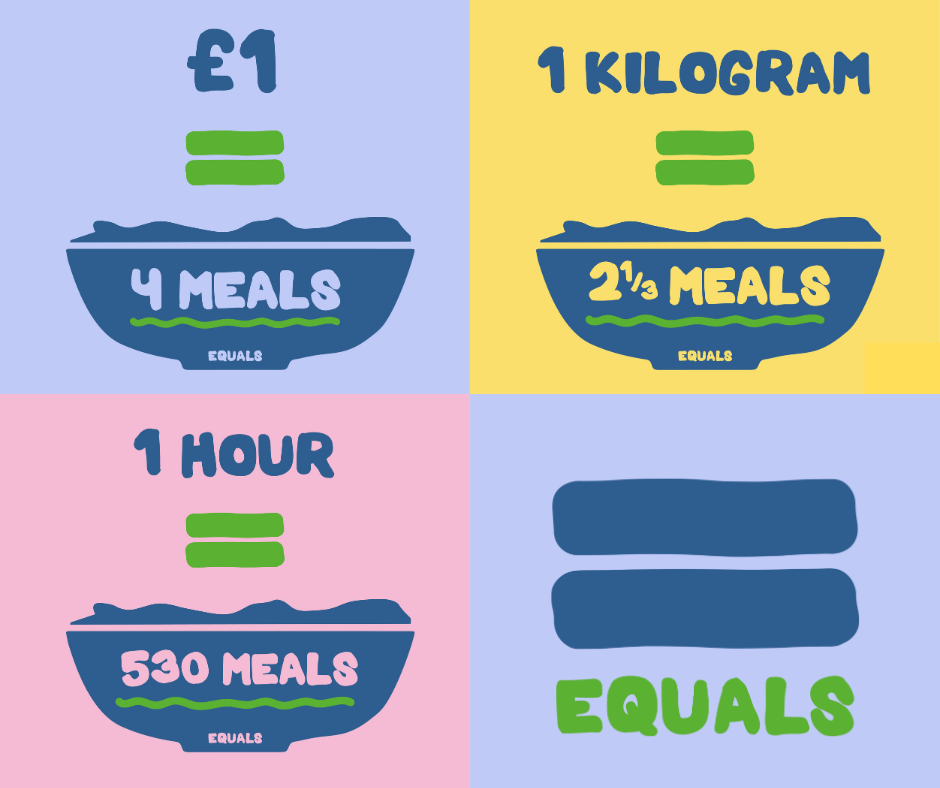COP28: Food Waste & Climate Change
This year food, agriculture and water will take centre stage for the first time. The Food and Agriculture Organisation will play a leading role in promoting the change from food and agriculture as a major contributor to climate change and seek sustainable solutions: outlining how much food systems must change if humanity is to keep the rise in global temperatures under 1.5c.
What is COP28?
A ‘COP’ refers to the Conference of the Parties to the United Nations Framework Convention on Climate Change (UNFCCC). On 30 November 2023, the UAE will host the 28th annual COP. These meetings are essential international events where countries come together to discuss and negotiate actions to address climate change.
Each conference poses an opportunity for countries to make commitments and agreements related to climate change mitigation and adaptation.
How much does food waste impact climate change?
Food that ends up being wasted accounts for 8-10% of total global greenhouse gas emissions, contributing to the earth’s rising temperature. This figure does not just consider food that is left to rot in landfill and emit methane, the more potent of greenhouse gases, but also considers the energy used to grow, clean, produce, manufacture, transport and package food items across the industry and world.
However, the energy sector is by far the largest contributor to climate change, accounting for about 75% of global emissions. The rest is made up of land use, agriculture, industrial processes and waste, all of which are directly linked to food waste. So, fighting food waste plays a huge role in addressing the climate crisis of our age.
City Harvest Food Report
Learn about the positive social and environmental impacts of food redistribution on key stakeholders across the UK food industry, and on people facing food poverty.


